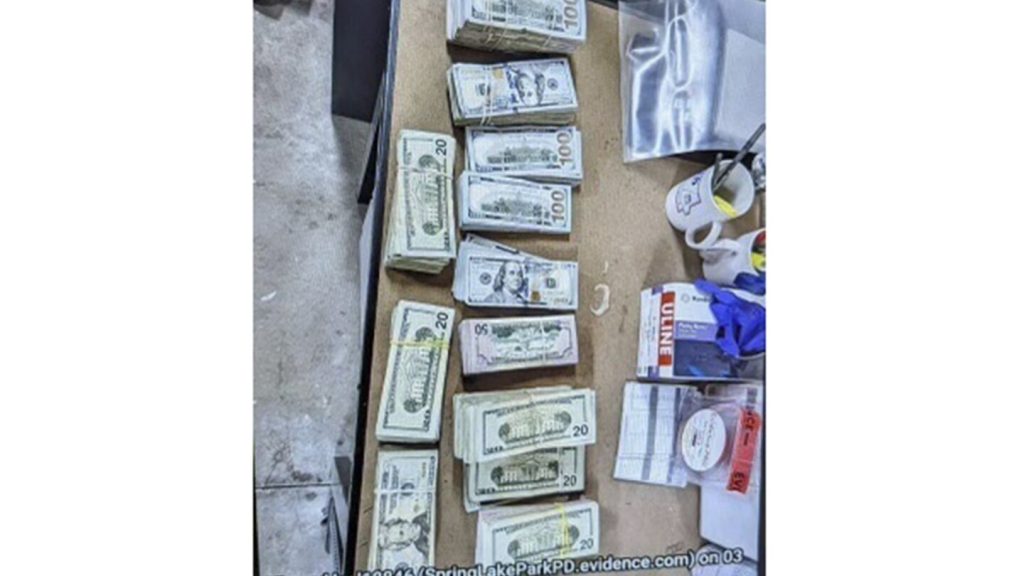Five people were charged with attempting to bribe a Minnesota juror with $120,000 in cash in exchange for the acquittal of defendants in a COVID-19-related fraud case. The accused engaged in an elaborate scheme, researching the juror’s personal information, surveilling her, and buying a GPS device to track her movements. The group targeted the juror, known as “Juror 52,” because they believed her to be the only person of color on the panel. They came up with a “blueprint” of arguments to persuade other jurors to acquit, injecting the idea that prosecutors were motivated by racial animus.
The juror reported the bribery attempt and was removed from the case before deliberations began. The case involved seven Minnesota defendants accused of stealing over $40 million from a federal program meant to feed children during the pandemic. The scheme resulted in the theft of over $250 million in federal funds, with only about $50 million recovered, according to authorities. Abdiaziz Shafii Farah, Abdimajid Mohamed Nur, Said Shafii Farah, Abdulkarim Shafii Farah, and Ladan Mohamed Ali were charged with conspiracy to bribe a juror, bribery of a juror, and corruptly influencing a juror.
The accused attempted to win an acquittal through a sophisticated plan to infiltrate the jury and influence the outcome unlawfully. The plan was hatched in mid-May, with Ali flying from Seattle to Minneapolis to deliver the bribe money to the juror’s home. The defendants engaged in surveillance and executed the bribery attempt, involving the delivery of cash to the juror’s relative with the promise of more money if she voted to acquit. After the juror reported the incident, all seven defendants were ordered to surrender their phones, and evidence of the plot was discovered, leading to arrests and charges.
Abdiaziz Shafii Farah, Said Shafii Farah, and Abdulkarim Farah appeared in federal court, where they requested representation from the Federal Defender’s Office. Prosecutors objected to this request, citing the defendants’ access to money parked abroad, including funds sent to Kenya and East Africa. The defendants were temporarily granted their requested representation, and an arraignment and detention hearing were scheduled for July 1. The episode revealed corruption in Minnesota linked to a larger pandemic-related fraud scheme, involving seventy individuals charged for their roles in the conspiracy.
The fraud scheme exploited lax rules during the pandemic, allowing for the theft of funds intended for feeding programs for children. The FBI began investigating the scheme in 2021, uncovering a complex operation involving false invoices, shell companies, money laundering, passport fraud, and kickbacks. The funds came from the U.S. Department of Agriculture and were administered by the state, funneled through partners like Feeding Our Future. Prosecutors highlighted inadequate oversight by the state education department, which facilitated the theft.
The case has raised concerns about legal interference in jury trials, prompting federal prosecutors to consider new approaches to safeguard against such schemes. The episode, described as “something out of a mob movie” by U.S. Attorney Andrew Luger, emphasizes the need for heightened vigilance in high-profile cases. The bribery attempt and subsequent arrests have brought attention to the broader issue of corruption and fraud in pandemic-related programs, highlighting the importance of robust oversight and accountability measures to prevent such abuses in the future.


